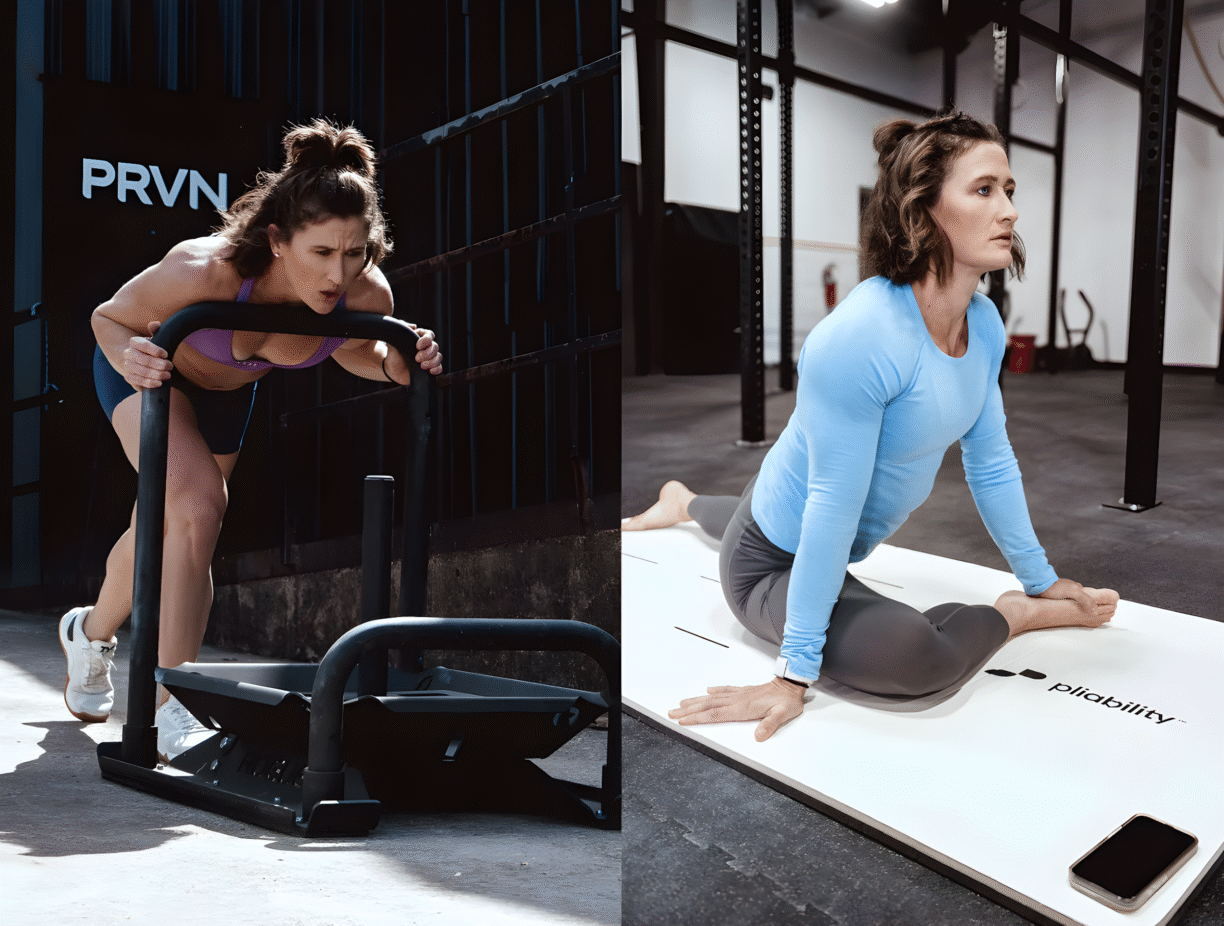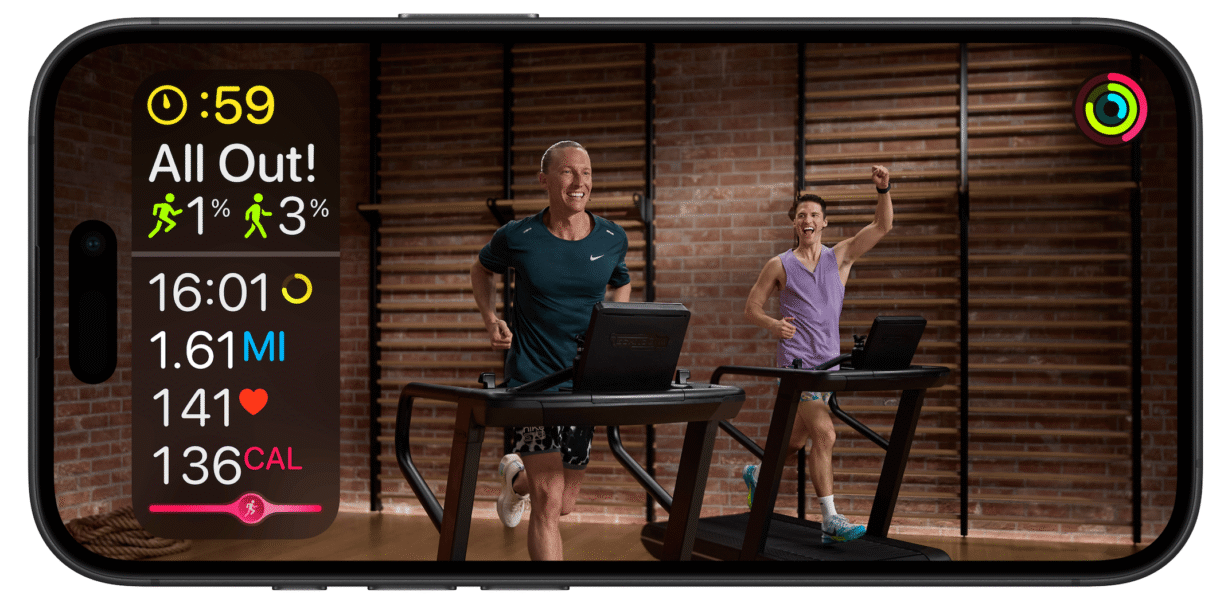There is a saying that ‘a fit body is made in the kitchen’ and ‘you can’t out train a bad diet’. This is indeed true because as beneficial as exercise is for the body, if it’s not being backed up with a well-balanced diet then your overall fitness won’t reach its full potential.
According to the experts at Total Fitness, nutrition can be approached with three different yet interconnected fitness goals in mind, while hydration is key to ensuring the body and brain works at its best.
For those looking to understand how these two fundamental factors can help you in achieving your fitness goals, Steven Virtue, Fitness Development Manager at Total Fitness, shares his insights and top tips on nutrition and hydration.
Nutrition
Before we delve into the specifics of nutrition, it’s important to highlight that the food we eat plays a key role in how we look and feel and, although regular exercise is a significant factor, diet has the largest impact on our fitness.
What are Macronutrients?
Macronutrients are the nutrients we need in larger quantities that provide us with energy:
- Carbohydrates: 45%-65% macronutrient food split
‘Carbs’ are important for muscle growth and optimal performance, though the requirement is different for each person based on genetics and body shape.
Recommended carbohydrate sources: rice, oats, potatoes, fruits, vegetables
- Proteins: 10%-35% macronutrient food split
Proteins are important for functioning of organs, muscle growth, cell repair and immune functions. The body needs a minimum of 0.8-3gm of protein per kg of bodyweight.
Recommended protein sources: eggs, chicken, fish, milk, tofu, lentil, pulses
- Fats: 20%-35% macronutrient food split
healthy fats can cushion organs, regulate hormones, digest certain nutrients, and support the overall health of the brain and heart.
Generally, your body needs 0.5-0.8g of fats per kg of bodyweight.
Recommended fat sources: coconut oil, olive oil, avocados, salmon, nuts
Micronutrients are mostly vitamins and minerals which are equally important but needed in smaller amounts.
Training Goals
When establishing the diet that is best suited for your fitness goals, it is important to identify which of the following you want to achieve.
Weight Loss or Fat Loss
The key factor to consider in a fat loss scenario is if you are in a sustainable calorie deficit. This means eating slightly less than you are burning and making your body tap into the stored body fat for the extra energy.
It’s essential that you are still providing your body the nutrients it needs, so consult with a personal trainer to establish a healthy calorie deficit for your body.
Eating to increase muscle size and muscle definition
Eating to receive ‘gains’ in your muscle size and see muscle definition means a different approach to fat loss. Instead of calorie deficit diet, you should be eating enough calories to maintain your weight as a minimum and more to gain muscle size.
Just a few hundred calories above your maintenance needs are enough and when combined with weights and strength training will allow your body to build muscle mass. Along with an increased calorie consumption overall, a high protein intake is recommended for larger more defined muscle.
Eating for improved performance
If your goal is to improve your performance, then the best diet to do so is also one that will support optimal health as well. Your performance depends on your ability to eat, sleep, train, and rest in a way that optimises your energy, digestion, and stress levels – as a result, it’s important to avoid any food that doesn’t agree with you.
In terms of improving performance, eating a maintenance calorie amount is crucial.
While protein intake is important, your carbohydrate intake pre- and post-workout often play a bigger role in how well you can perform at higher-intensity training.
Your main fuel to drive improved performance workouts is carbohydrates, so ensure you are consuming a generous amount of health, whole-wheat carbohydrates.
Hydration
Staying hydrated is the most effective way to support your workout routine and in turn achieve your fitness goals.
Regular hydration not only aids performance but keeps blood volume, body temperature and muscle function in check. A dehydrated body can lead to fatigue, and increased heart rate and can hamper mental performance too.
If you are training regularly, it is recommended to drink 3L of water a day for optimal body performance, however, if you are having a hard time drinking that much water or don’t like the taste or any other reason, you have to think of alternative ways to stay hydrated.
So, there you have it, a simple guide detailing the importance of nutrition and hydration to achieving your fitness goals.
For more information, please visit: www.totalfitness.co.uk
For more information on how to perfect that basic fundamental movement, please visit Total Fitness’ ‘how to’ videos on YouTube





